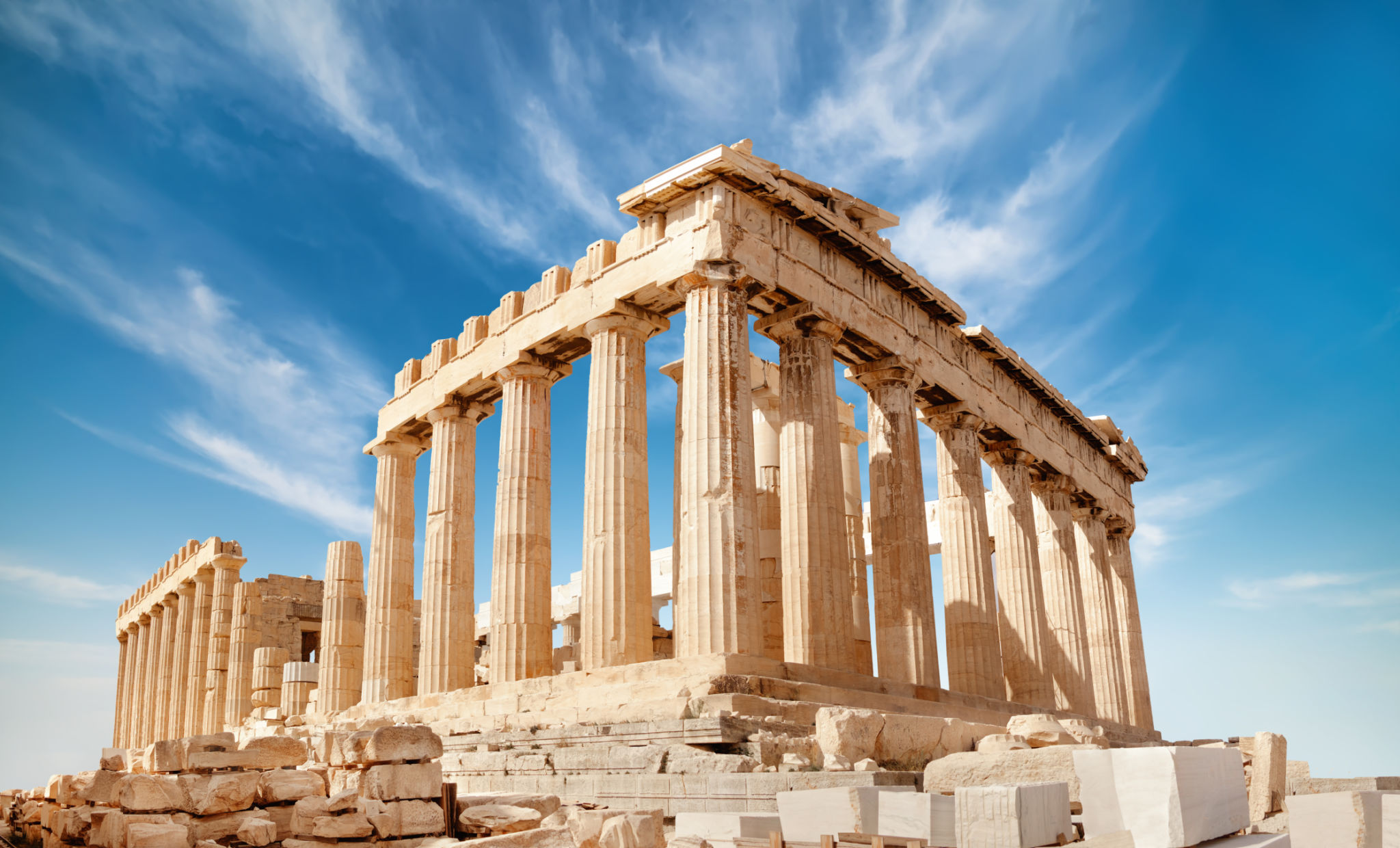Understanding the Infrastructure Landscape in Greece: Opportunities and Challenges
Overview of Greece's Infrastructure Landscape
Greece, a country known for its rich history and stunning landscapes, is also a nation with a complex and evolving infrastructure landscape. Over the past few decades, Greece has made significant strides in modernizing its infrastructure, yet it faces numerous challenges that need to be addressed to fully leverage its strategic geographical position.
Infrastructure development in Greece is pivotal not only for the country's economic growth but also for enhancing regional connectivity. As a member of the European Union, Greece has access to substantial funding opportunities that can aid in overcoming its infrastructure challenges. However, these opportunities come with the necessity for strategic planning and execution.

Key Opportunities in Infrastructure Development
The Greek government has identified infrastructure development as a cornerstone for economic revival. Transportation networks such as highways, railways, and ports are critical areas of investment. With its maritime tradition, Greece aims to strengthen its ports to become key logistics hubs in the Mediterranean.
Moreover, Greece is focusing on renewable energy infrastructure, capitalizing on abundant natural resources like wind and solar power. The shift towards renewable energy not only aligns with global sustainability goals but also presents economic opportunities through energy exports.

Investment in Smart Cities
Another promising area is the development of smart cities. By integrating technology into urban planning, Greece can improve quality of life while reducing environmental impact. This involves upgrading existing urban infrastructure with smart grids, traffic management systems, and waste management solutions.
Challenges Facing Infrastructure Growth
Despite these opportunities, Greece faces significant challenges in its infrastructure development. Economic constraints, exacerbated by the financial crisis and subsequent austerity measures, have limited public spending on infrastructure projects. Additionally, bureaucratic hurdles and regulatory complexities often delay project implementation.

Environmental concerns also pose challenges, especially in regions where infrastructure projects might disrupt natural habitats or historical sites. Balancing development with conservation is a complex task that requires careful planning and community engagement.
The Role of Public-Private Partnerships
To overcome these challenges, Greece is increasingly turning to public-private partnerships (PPPs). These partnerships can provide a viable solution by bringing in private sector expertise and funding while reducing the financial burden on the government. Successful PPPs can accelerate project completion and enhance operational efficiency.
The Path Forward
The future of Greece's infrastructure landscape hinges on strategic planning and the effective utilization of available resources. By aligning with EU policies and leveraging international collaborations, Greece can transform its infrastructure into a driver of economic growth and regional stability.
While challenges remain significant, the potential rewards of a robust and modern infrastructure system are immense. With careful planning and execution, Greece can navigate these challenges and seize the opportunities that lie ahead.

